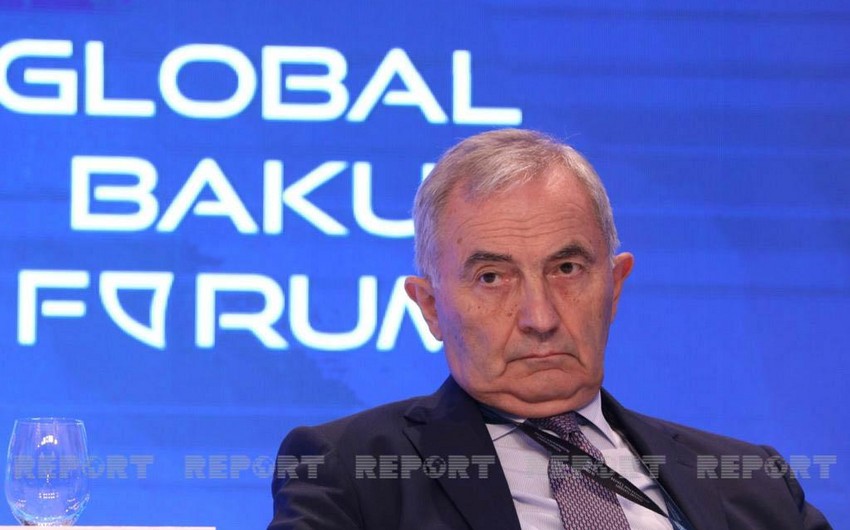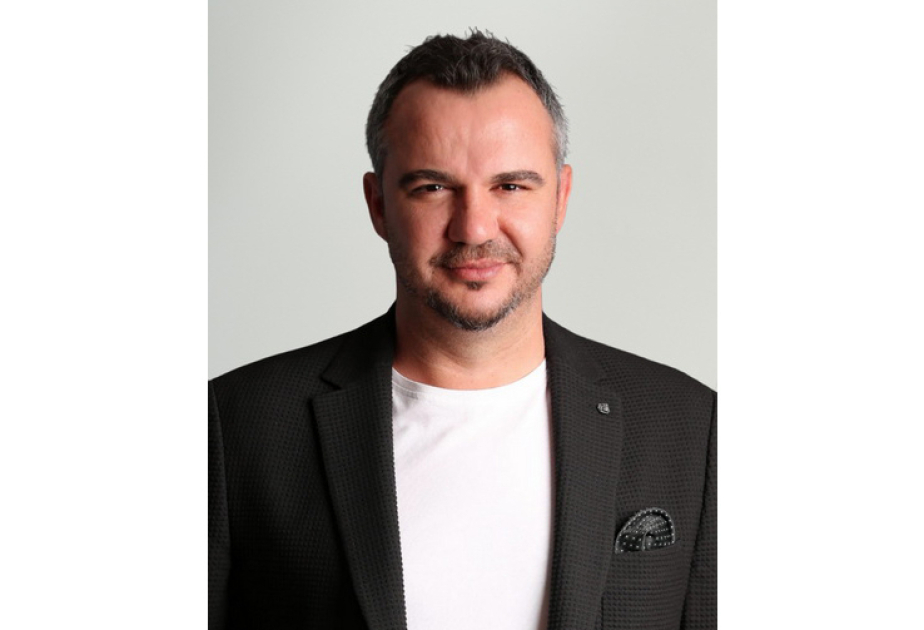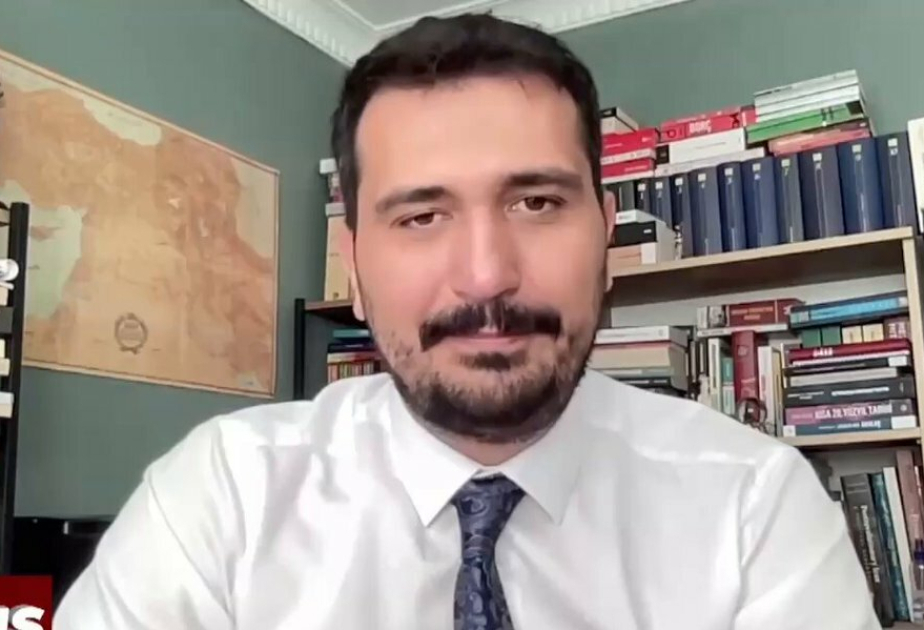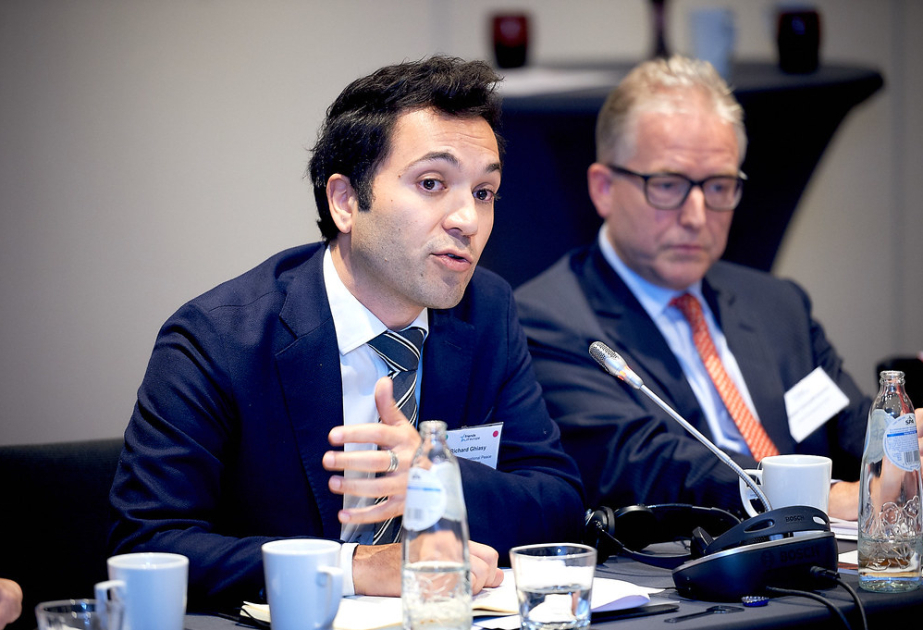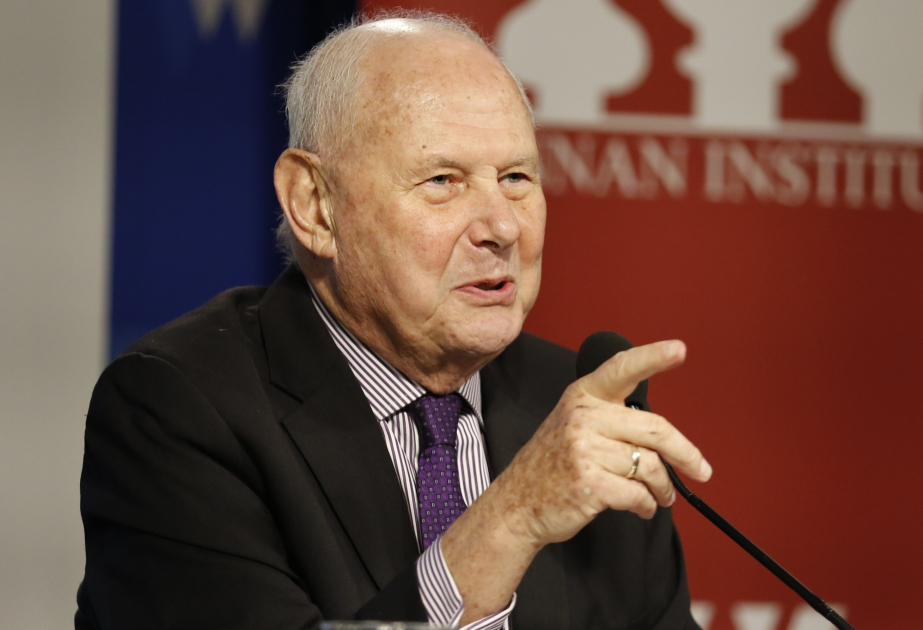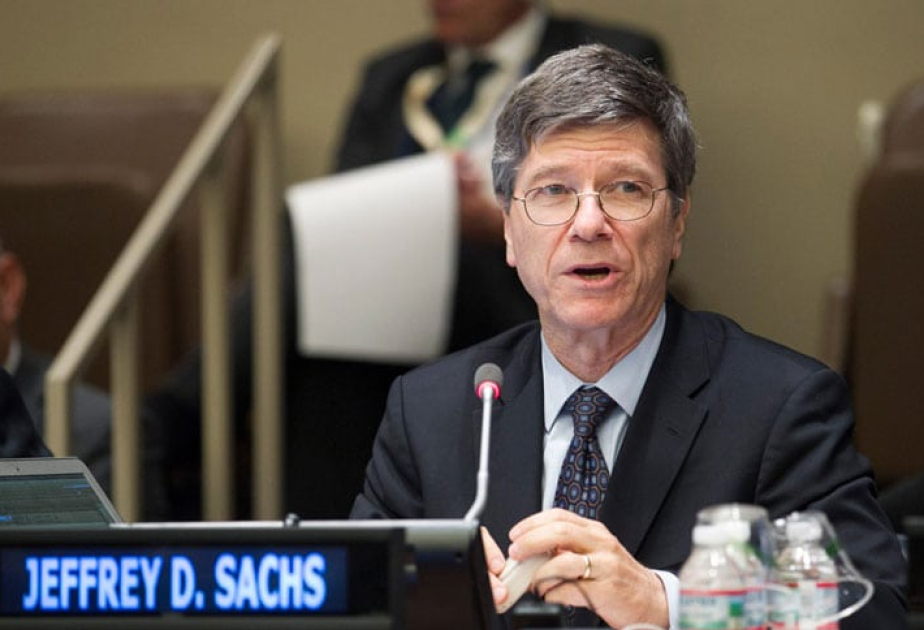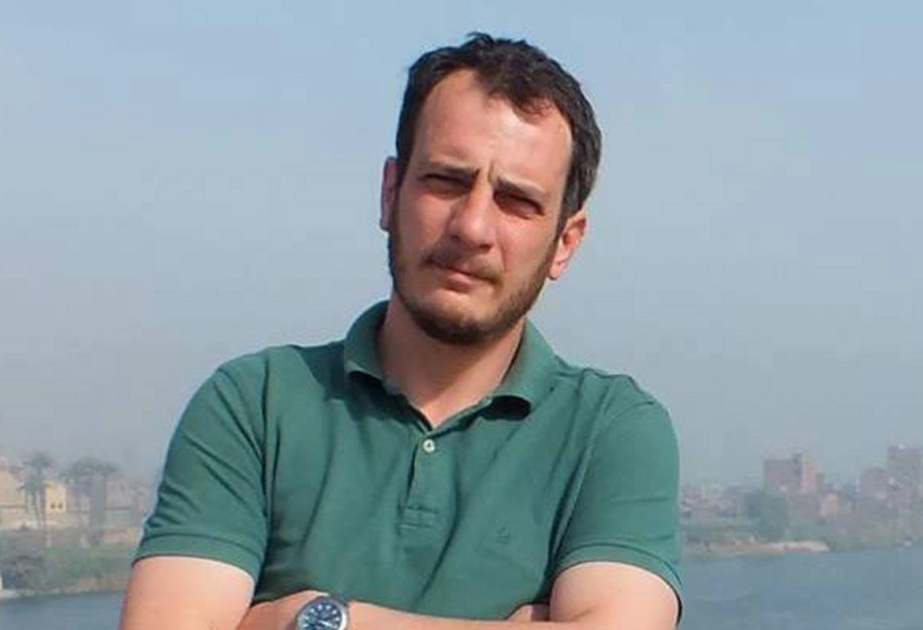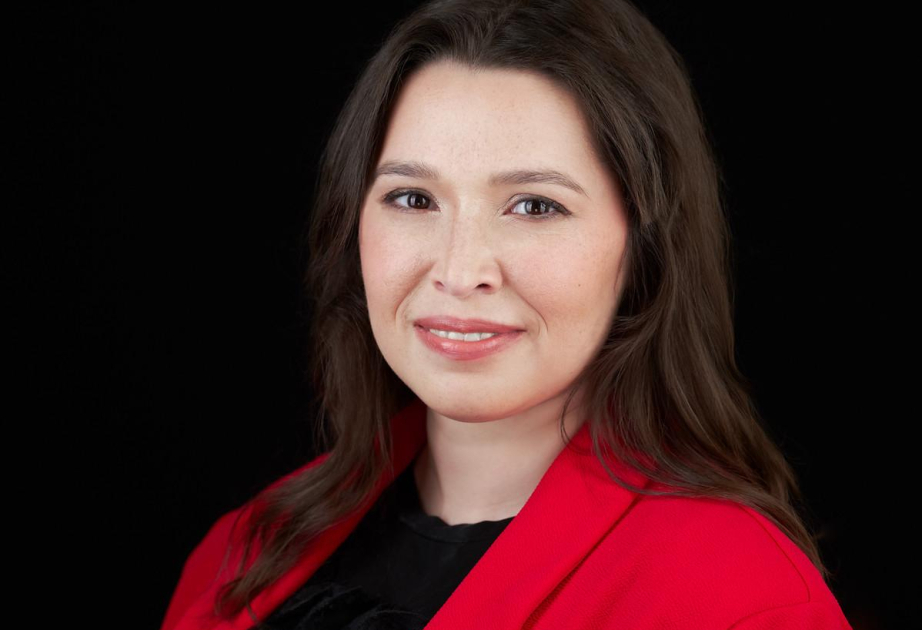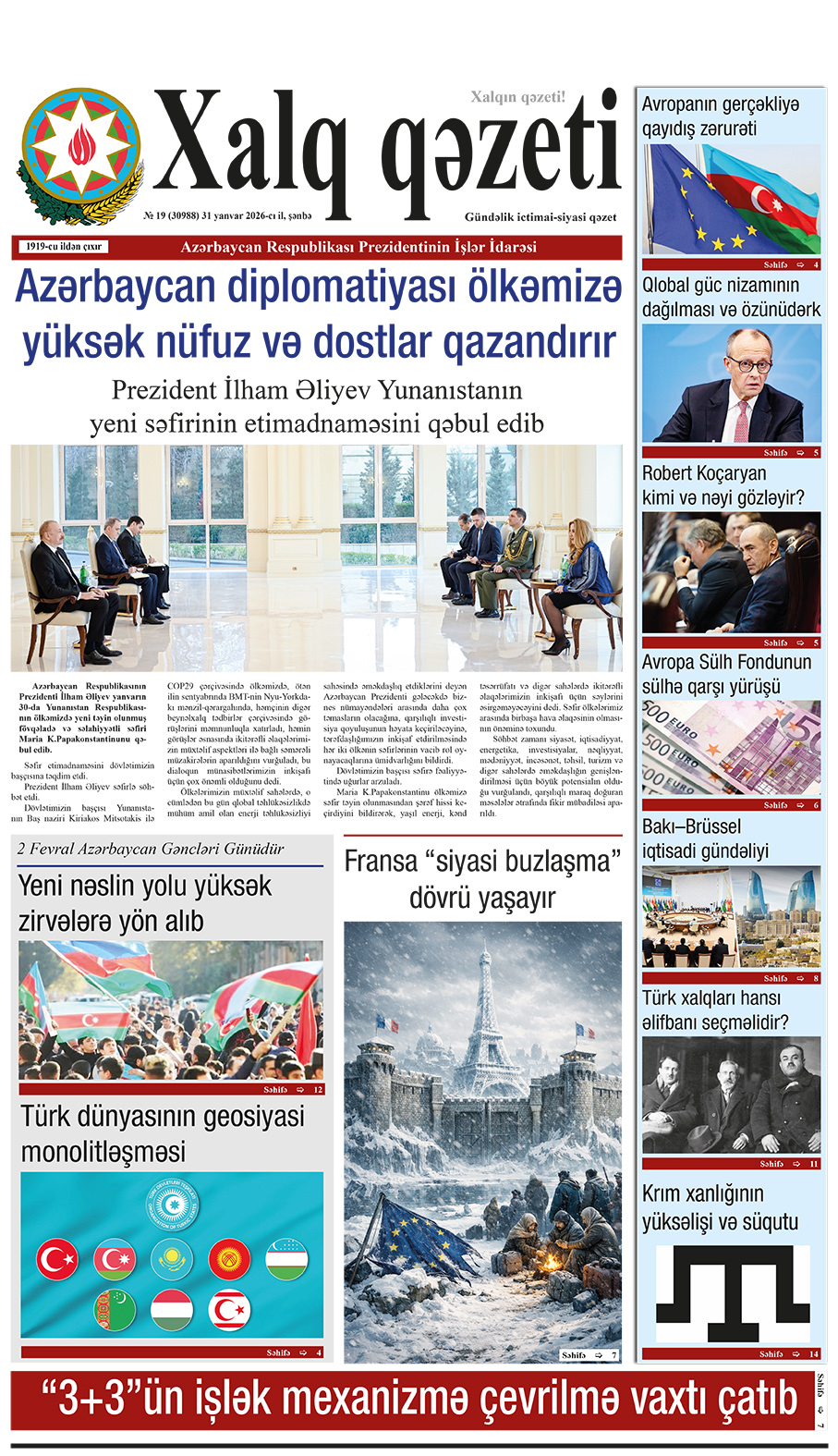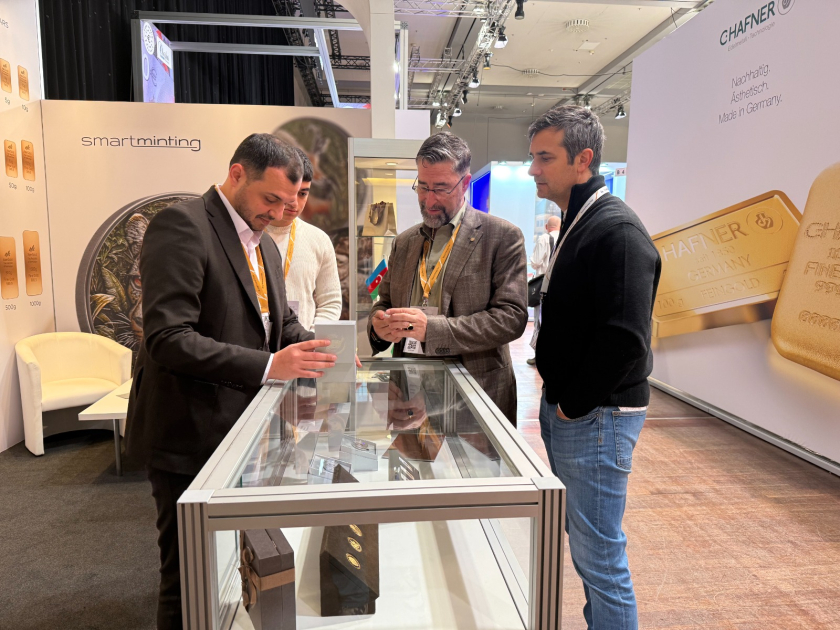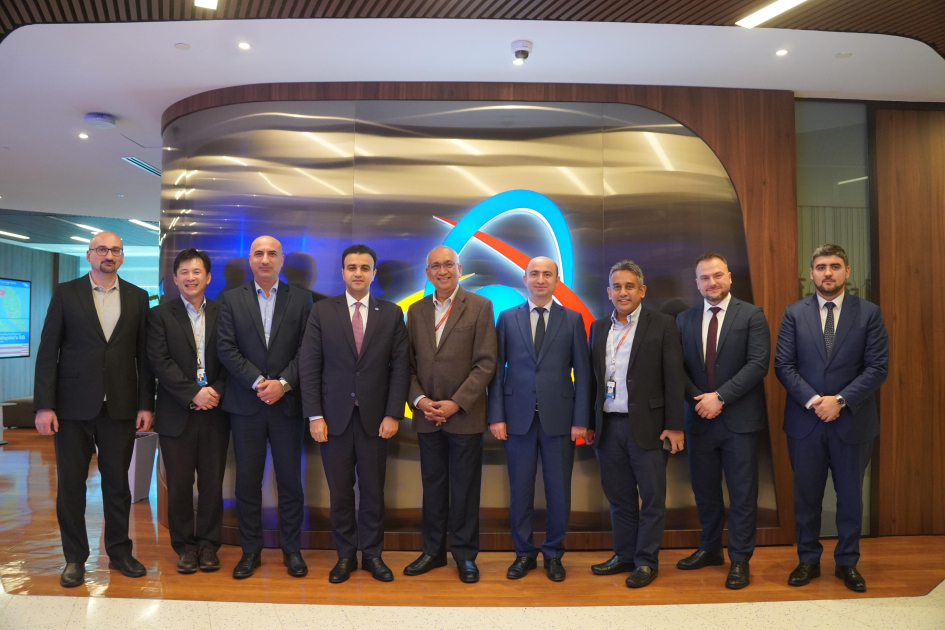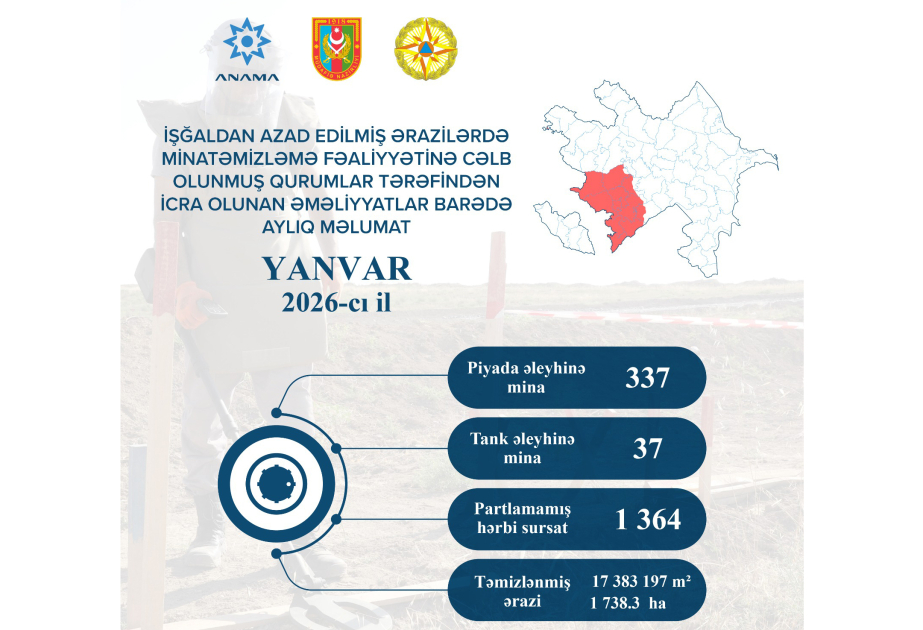Being a member of important international organizations, Azerbaijan has a say in these organizations, creates opportunities for joint cooperation, and acts in the direction of its national interests. One of such organizations is the Black Sea Economic Cooperation Organization (BSEC), of which our country is a founding member. On June 25, 1992, in Istanbul, the organization was created by the signing of the Summit Declaration by the Heads of State and Government of Albania, Azerbaijan, Bulgaria, Armenia, Georgia, Greece, Moldova, Romania, Russia, Türkiye, and Ukraine. It creates opportunities for cooperation in the economy, health, ecology, tourism, education, customs, and other fields.
In an interview with Report, BSEC Secretary General Lazar Comanescu talked about the goals of the organization for 2024, joint cooperation in the transport and tourism sectors, and the work to be done.
- What economic projects does the Black Sea Economic Cooperation Organization plan to implement in 2024? What are your expectations for this year?
I would like to remind that last December, the BSEC Council of Ministers of Foreign Affairs adopted important decisions that have directly to do with the subject of your question. First is the approval of the Updated BSEC Economic Agenda “Towards a Sustainable Future of the Wider Black Sea Area.” The second is the reactivation of the BSEC Project Development Fund. The basis has thus been laid for significantly enhancing the project-oriented dimension of BSEC. It is within this framework that, in terms of concrete projects, particular attention will be given to intensifying intra-regional trade and investments, cooperation among the customs administrations, establishment of efficient transport network, etc.
Our expectations for 2024, would also include the re-activation of some planned projects that had to slow down or were deactivated following the unfortunate developments in our region.
- In which areas is cooperation among the member countries of the organization weak and strong?
The BSEC operates in 19 different areas of cooperation. Most active has been cooperation in energy, transport, environmental protection, tourism, and culture. The activity needs to be further enhanced in other equally important areas such as agriculture, trade, and economic development, as well as the exchange of statistical data and economic information, and we are working on it.
- How much were the commercial transactions among the member countries of the organization last year? What steps should be taken to increase the volume of trade between countries this year?
Last year’s final data is not yet available. But estimates indicate that the intra-BSEC trade volume has reached around $375 billion. Once the current situation is improved, or, in other words, when peace is restored in the region, these volumes will certainly increase. The adoption of the BSEC Trade Facility Strategy, which is practically finalized, will also have a direct impact in the same direction.
- Recent tensions worldwide have further increased interest in the Middle Corridor. What are your proposals for the participation of member countries in this corridor and for enhancing its efficiency?
There are indeed many challenges, including in the area of transport, which would be better dealt with through the joint efforts of BSEC and other international organizations. The creation of alternative corridors would significantly facilitate the trade and transport of goods in the BSEC Region and beyond. It is of paramount importance that such alternatives be complementary, and mutually reinforcing, but not in competition. The development of the Middle Corridor would be a clear asset and of vital importance in this respect, not least given the role of the BSEC area as the "bridge" between the European and Asian countries.
- What will be the impact on the opportunities of the Middle Corridor with the opening of the Zangazur Corridor? What opportunities will this corridor provide for the member countries of the organization? What can you say about the indifference of the Armenian side to this corridor and the disruption of work by them? How do you evaluate the correctness of these decisions?
Joint efforts towards facilitating the trade and transport of goods in the wider Black Sea area are not only welcomed but also needed. As to the Zangazur Corridor, its opening depends on the development of a comprehensive Armenian-Azerbaijani agreement, which we would very much welcome and encourage.
- Are any steps being taken regarding Azerbaijan's accession to the permit certificate system in the transportation sector of the organization? Is Azerbaijan expected to join this system in the near future? What advantages does this permit confer?
The BSEC Permit System aims to facilitate border crossing formalities. As of today, 9 out of 13 BSEC Member States are part of the system, and we are working towards its further expansion as well as its digitalization. The December Council of Ministers of Foreign Affairs of the BSEC Member States (CMFA) invited the Member States who so far haven’t participated in the project to join it. We hope Azerbaijan will do so soon.
- What measures are planned to be taken for the development of tourism among the member countries of the organization? Are agreements and projects expected in this field?
In 2024, the Working Group on Cooperation in Tourism will intensify its efforts to meet the objectives outlined in the updated BSEC Economic Agenda, notably Goal 8: Development of Tourism, Protection of Cultural Heritage, and Promotion of Modern Culture. The Working Group will take further steps to materialize the full potential of cooperation, with a focus on activities to generate and encourage sustainable tourism development.
The top event related to tourism under the Albanian CIO will be the BSEC Tourism Education Conference, which will be held at the end of April 2024 in Baku.


